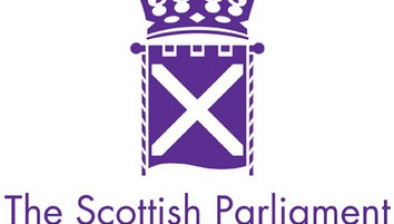Personal insolvencies rise by 11% as cost of living puts Scottish households under pressure

The number of personal insolvencies seen across Scotland rose by 11.2% during the first six months of 2022.
Amid spiralling inflation and rising interest rates, fuel and energy costs continue to put households under pressure leading to an increase in personal insolvencies.
Analysis of data taken from Accountant in Bankruptcy (AiB) by Cleanslate reveals that a total of 4,125 individuals were either declared bankrupt or signed a trust deed from January to June 2022 – up from 3,711 during the same period in 2021. Not yet as high as at pre-pandemic levels of 5,011 in the first half of 2019.
March 2022 saw the highest monthly levels of personal insolvencies since the beginning of the pandemic, with 789 appointments.
Regionally, Aberdeen City, which is particularly sensitive to the pressures in the oil and gas sectors, has seen the largest growth of personal insolvencies. Whilst levels are still not yet back at those seen pre-pandemic, the number of insolvencies per 1,000 people in the Aberdeen City Council area has increased by 58% since the furlough scheme ended in Autumn 2021.
In addition, the data shows that the average age of an insolvent is 39 years old, a peak time for personal financial commitments such as mortgages, and key life events.
In recent months, there have also been early signs of an increase in creditors taking legal action against individuals to recover overdue debts via an insolvency process. Against a backgroup of significant creditor forbearance throughout the pandemic, 48 bankruptcies were awarded in Q1 2022 following creditor petitions, an increase of 182.4% on Q1 2021.
Chris Malloch, head of Cleanslate, said: “With five consecutive interest rises over recent months, and undoubtedly more to come, plus fuel and energy costs continuing to increase, there’s no surprise that households across Scotland are showing signs of financial hardship and worrying about what lies ahead.
“Many individuals were aided during the pandemic by a range of government support schemes, and there are a number of additional cost of living support packages and payments that have been put in place by the Government in recent weeks and months.
“However, with inflation outpacing wage growth, and with no end in sight to the cost of living crisis, we are now starting to see personal insolvency levels creeping back up.”
He continued: “The broader economic picture is looking bleak and, with the Bank of England’s recent report that UK credit card borrowing has increased by its highest rate since 2005 at 12.5%, it is clearly a stressful time for households.
“Many are already looking ahead to the expected energy price increases in October and January with growing concern, and wondering what this means for their personal finances.
“We know how much the struggle will weigh heavily on people, but they don’t need to shoulder the worry of their debts alone – there is help out there and a variety of options available if they are looking for debt advice.”
Mr Malloch concluded: “Speaking from our own experience at Cleanslate, we are certainly receiving an increased volume of enquiries from individuals who are struggling with their debts and citing increased cost of living pressure.
“We are also seeing an increase in Debt Arrangement Schemes, which can help individuals avoid an insolvency process via a statutory debt management plan.
“In what are tough circumstances, this is a sliver of a silver lining, as it indicates that individuals are being proactive and seeking support early. The importance of this cannot be underestimated – when under financial stress, the more time you have to deal with the issues at hand, the more options may be available to you.”










